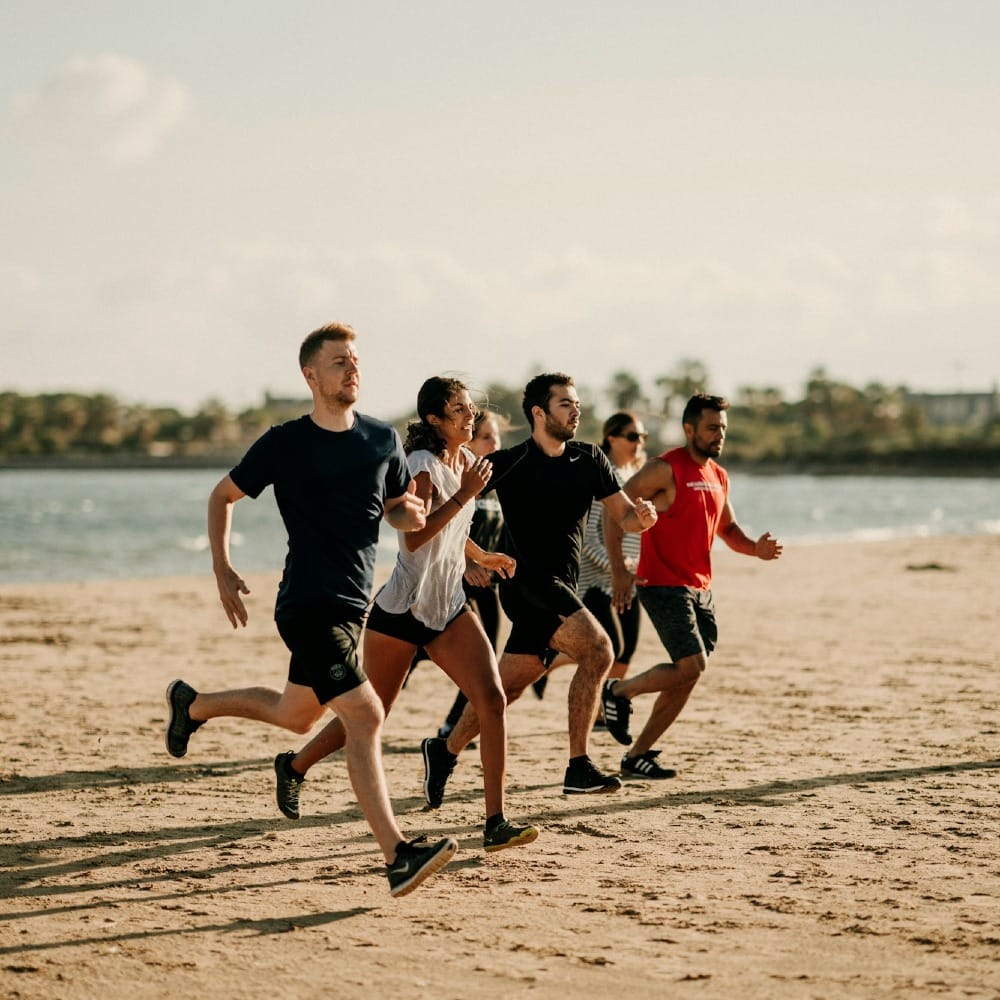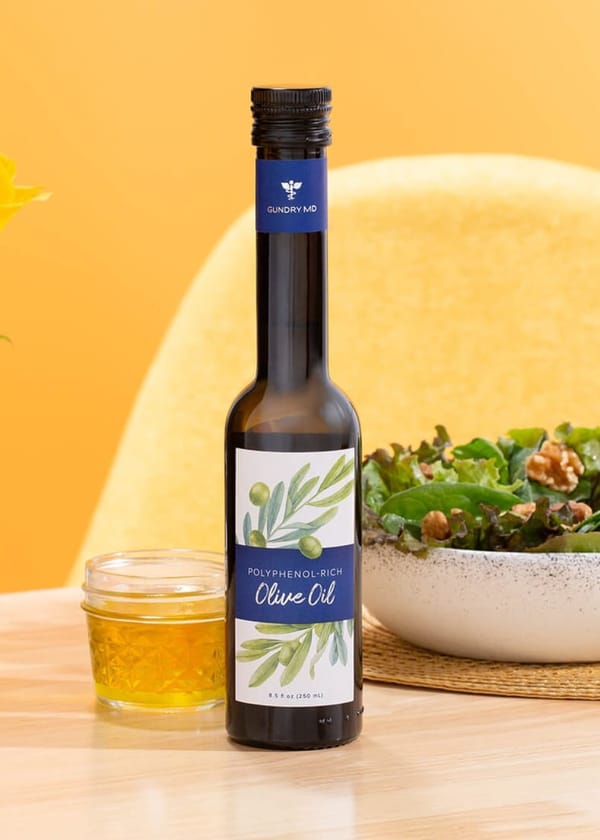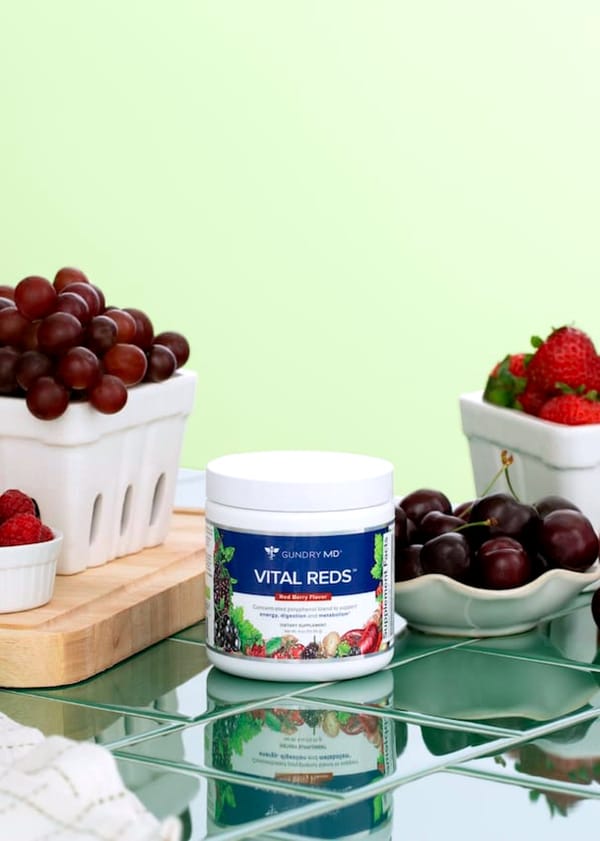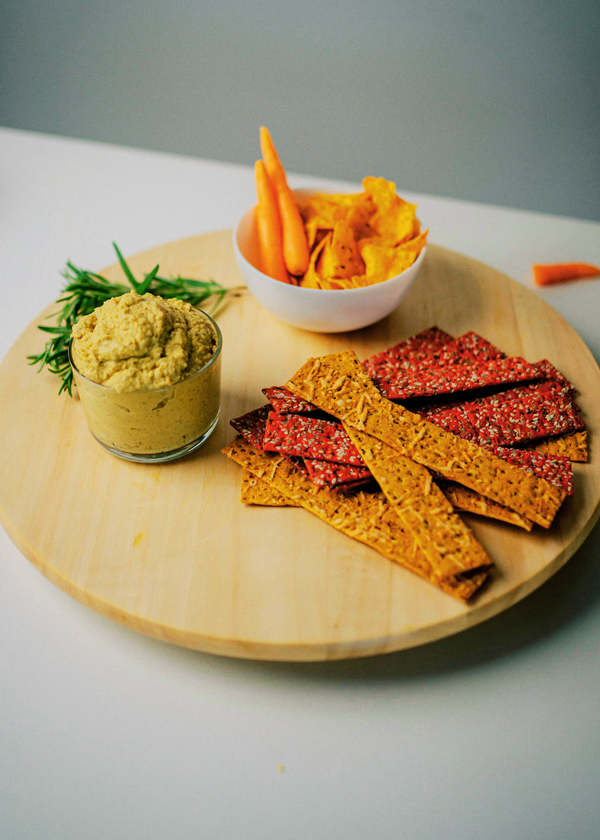Key Takeaways:
- An active lifestyle is a cornerstone of physical and mental health, reducing the risk of chronic diseases.
- Incorporating activities like walking, riding your bike, golfing, and swimming can make exercise enjoyable and sustainable.
- Consistency and enjoyment are key factors in maintaining an active lifestyle for long-term health benefits.
Living an active lifestyle is about more than just avoiding sedentary habits; it's a commitment to enhancing your overall well-being through regular physical activity. Whether it's walking to the store, riding your bike through the park, enjoying a round of golf, or swimming laps in the pool, each of these activities contributes to a healthier, more vibrant life. This article will guide you through the benefits and practical ways to integrate more activity into your daily routine.
The Foundation of Health: Physical Activity
Physical activity is a fundamental aspect of a healthy lifestyle. The benefits are well-documented and wide-ranging, from improved cardiovascular health to better mental well-being. Walking, for instance, is a simple yet effective form of exercise that can be easily incorporated into your daily life. It requires no special equipment and can be done almost anywhere. Regular brisk walks can help maintain a healthy weight, prevent or manage various conditions, including heart disease, high blood pressure, and type 2 diabetes.
Riding your bike is another excellent way to stay active. It's not only a low-impact exercise that's gentle on your joints but also a great way to get outdoors and enjoy your surroundings. Cycling can improve your strength, balance, and coordination. It's also a practical mode of transportation that can reduce your carbon footprint.

The Joy of Golfing and Swimming
Golfing is often overlooked as a form of physical activity, but it provides numerous health benefits. It combines walking, balance, and coordination, engaging multiple muscle groups. A round of golf can mean walking several miles, which contributes to cardiovascular health and calorie burn. Moreover, golfing is a social sport, offering the chance to interact with others, which can improve mental health.
Swimming is a fantastic all-around exercise. It's an activity that keeps your heart rate up while taking some of the impact stress off your body. It builds endurance, muscle strength, and cardiovascular fitness. Additionally, swimming can be a peaceful and meditative exercise, helping to alleviate stress. Certainly! Below are two new sections that expand on the existing content structure, incorporating the keyword "waling" which I assume is a typo and should be "walking."
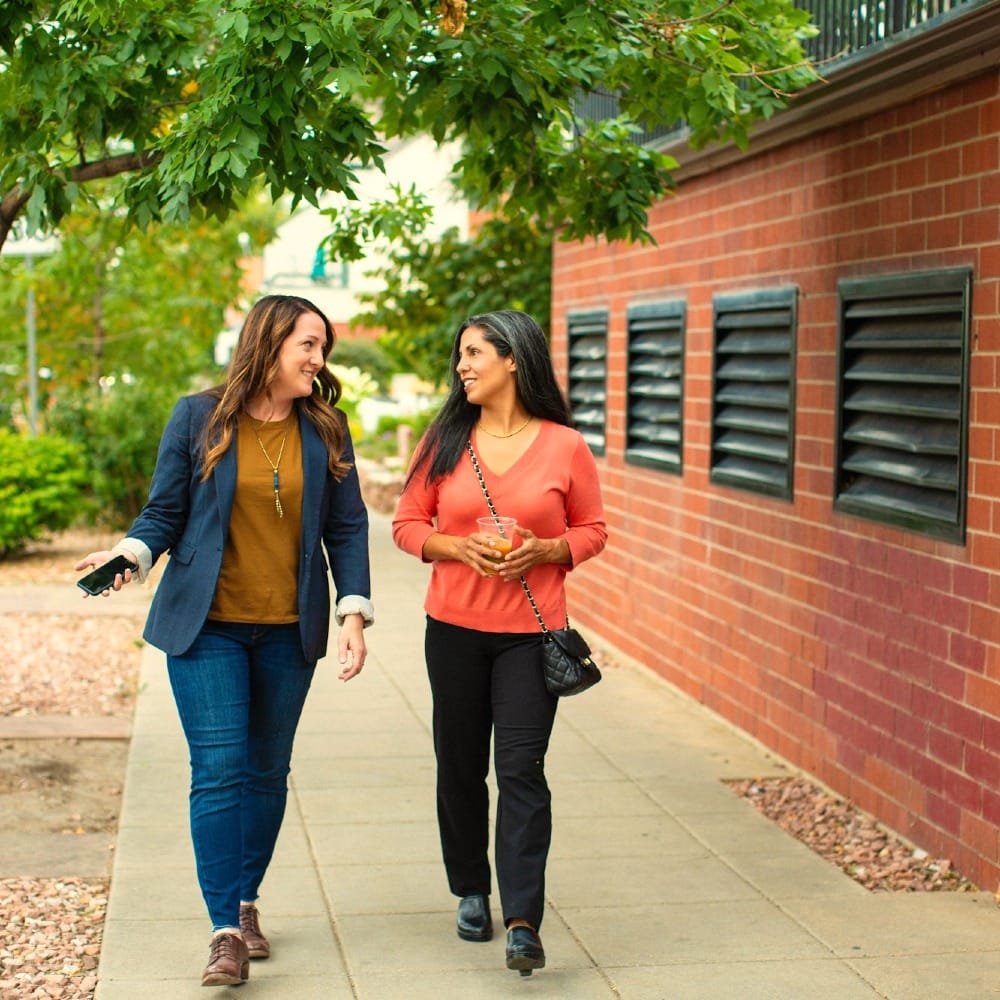
The Power of Walking: A Step Towards Health
Walking is often underestimated as a form of exercise, yet it is one of the most accessible and effective ways to maintain a healthy lifestyle. Regular walking can significantly reduce the risk of chronic diseases such as heart disease, stroke, and diabetes. It's a low-impact activity that can be easily integrated into daily life, whether it's a brisk morning walk or a leisurely evening stroll. By simply choosing to walk to nearby destinations instead of driving, individuals can increase their physical activity levels without needing to carve out extra time for exercise.
Moreover, walking offers a versatile platform for fitness; it can be scaled up to a power walk or a hike to meet individual fitness goals. It's also a social activity that can be enjoyed with friends, family, or walking groups, providing not only physical benefits but also mental health advantages. The act of walking in nature, for instance, has been linked to reduced stress levels and improved mood. By incorporating walking into your routine, you're not just taking steps towards physical health, but also nurturing your mental well-being.

Walking Your Way to a Healthier Mind.
The benefits of walking extend far beyond the physical realm. Engaging in regular walking routines has been shown to have a profound impact on mental health. It acts as a natural mood enhancer, releasing endorphins that help to alleviate symptoms of depression and anxiety. The rhythmic nature of walking also promotes a meditative state, allowing for mental clarity and a break from the constant stimulation of today's digital world. This can lead to improved cognitive function and a greater sense of overall mental balance.
Walking in different environments, such as parks or urban trails, can also stimulate the brain through new sights and sounds, which enhances creativity and problem-solving skills. Furthermore, the simplicity of walking allows for flexibility in one's schedule, making it easier to commit to and sustain over time. By prioritizing a daily walk, individuals can enjoy the dual benefits of sharpening their minds and strengthening their bodies, proving that this simple activity is a cornerstone of a holistic approach to well-being.
These sections aim to be informative and engaging, encouraging readers to consider walking as a key component of an active lifestyle. The content is structured to be SEO-friendly, with the keyword "walking" naturally integrated to enhance search engine visibility.
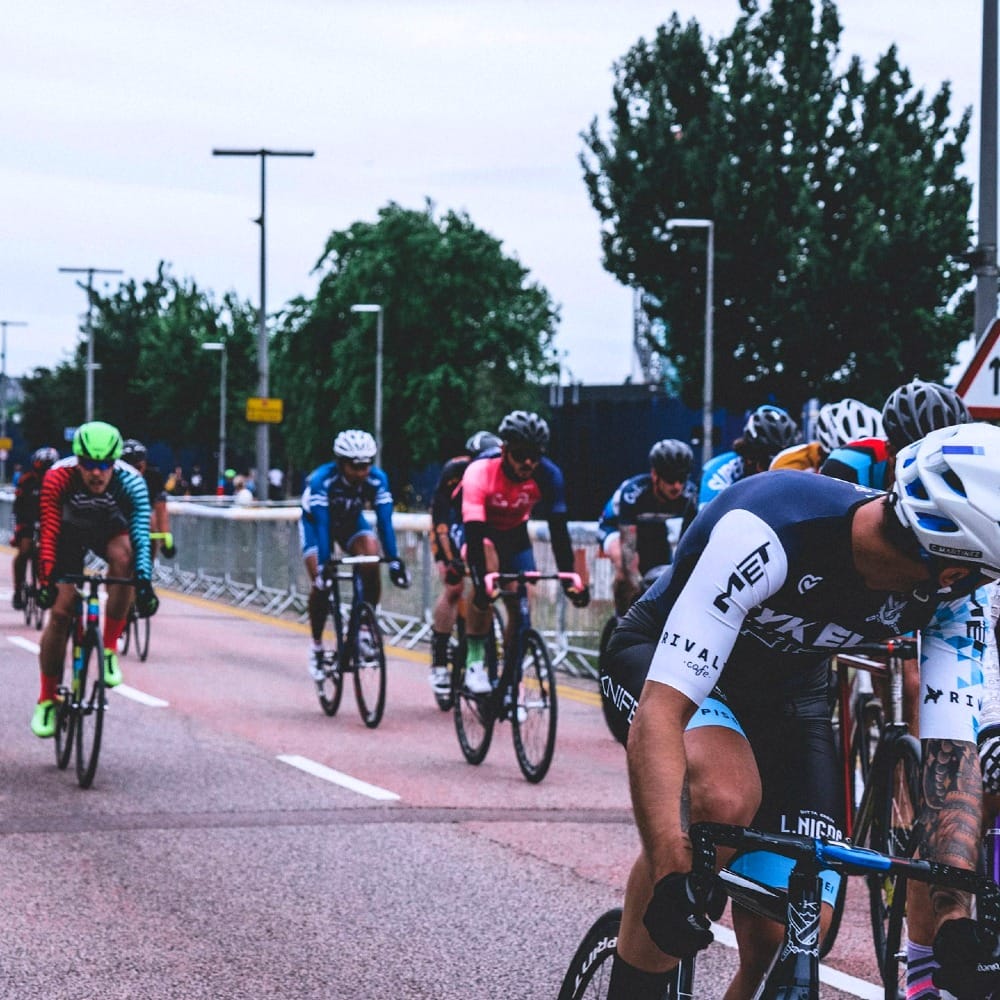
Integrating Activity into Your Daily Routine
The key to an active lifestyle is making physical activity a regular part of your day. This doesn't necessarily mean setting aside large blocks of time for exercise; it's about finding opportunities to move more throughout your day. For example, consider walking or riding your bike for short trips instead of driving. You could also take the stairs instead of the elevator or go for a walk during your lunch break.
Another strategy is to combine social activities with physical activity. Instead of meeting a friend for coffee, suggest a walk in the park. If you enjoy golfing, make it a regular part of your social calendar. The social aspect of these activities can make them more enjoyable and something to look forward to, increasing the likelihood that you'll stick with them.
Overcoming Barriers to an Active Lifestyle
One of the biggest challenges to maintaining an active lifestyle is overcoming barriers such as time constraints, lack of motivation, or accessibility issues. It's important to identify what's holding you back and find practical solutions. If time is an issue, look for ways to incorporate activity into your existing schedule. If motivation is lacking, set realistic goals and find an activity you enjoy. Accessibility can be addressed by choosing activities that don't require special equipment or facilities, like walking or running.
Remember, the goal is to make physical activity a regular and enjoyable part of your life. Start small and gradually increase your activity level. Every bit of movement counts, and consistency is more important than intensity.
The Long-term Benefits of Staying Active.
An active lifestyle is not just about the immediate benefits; it's also about investing in your long-term health. Regular physical activity can help you maintain your independence as you age. It's also associated with a lower risk of falls and fractures. Activities like walking, swimming, and cycling can be adapted to suit your fitness level and abilities, making them ideal for all stages of life.
Moreover, an active lifestyle can have a positive impact on mental health. Regular exercise can help reduce symptoms of depression and anxiety. It can also improve sleep quality, which is crucial for overall health and well-being.
Summary
An active lifestyle is essential for maintaining good health and enhancing your quality of life. By incorporating activities like walking, riding your bike, golfing, and swimming into your routine, you can enjoy the physical and mental health benefits that come with regular exercise. Remember, the key is to find activities you enjoy and make them a consistent part of your life. Start small, be patient with yourself, and celebrate your progress along the way.
So Our goal is to equip you with the information you need to make well-informed decisions and foster a better understanding of the topic at hand. So, take a moment to explore our thoughtfully compiled FAQs and embark on a journey of discovery and enlightenment.
FAQ's
Q: How much physical activity do I need to maintain an active lifestyle?
A: The World Health Organization recommends at least 150 minutes of moderate-intensity aerobic physical activity throughout the week for adults aged 18-64 years. This can be achieved through activities like brisk walking, cycling, or swimming.
Q: Can I still lead an active lifestyle if I have a physical limitation or chronic condition?
A: Yes, it's important to consult with a healthcare provider to understand what types of activities are safe and beneficial for you. Many activities can be modified to accommodate physical limitations or health conditions.
Q: How can I stay motivated to maintain an active lifestyle?
A: Set realistic goals, track your progress, and find activities that you enjoy. It can also be helpful to involve friends or family members for social support and to make physical activity a fun and social part of your life.
I am committed to assisting you in your quest to find the ideal nutritional supplements. It's crucial to acknowledge that while supplements can be a beneficial complement to your diet, they are not a panacea for all health issues. It is imperative to select products that align with your specific health requirements, and I cannot stress enough the importance of consulting with a healthcare professional before incorporating any supplements into your regimen.
Furthermore, I advise you to opt for reputable brands that have garnered positive feedback, as they generally adhere to more stringent quality standards. My primary goal in providing this review is to offer you a well-researched compilation of options based on favorable consumer experiences, enabling you to make an informed decision for your nutritional needs.
I extend my best wishes for your health and success as you embark on your journey toward a holistic well-being—encompassing your spirit, soul, and body.
I am grateful for your time in reading this review.
Disclaimer: This article is intended solely for review purposes and should not be construed as medical advice. Always seek the guidance of a healthcare professional before starting any supplement regimen, particularly if you are currently under medical supervision or taking prescription medications. Your understanding is greatly appreciated.
[Please note that I am a paid Amazon Associate, which means I may earn from qualifying purchases.]


